In the construction industry, the selection of appropriate building materials plays a crucial role in ensuring durability, aesthetics, and functionality. Among the vast array of options available, granite and dolomite have emerged as popular choices due to their unique characteristics. This article aims to delve deeper into the differences between granite and dolomite, helping construction professionals make informed decisions when it comes to material selection. 1. Composition and Formation: Granite is an igneous rock formed from the cooling and solidification of magma deep within the Earth’s crust. It mainly consists of quartz, feldspar, and mica, giving it exceptional strength and durability. On the other hand, dolomite is a sedimentary rock formed from the erosion and accumulation of organic and inorganic materials. It primarily contains calcium magnesium carbonate, which provides dolomite with its characteristic hardness.
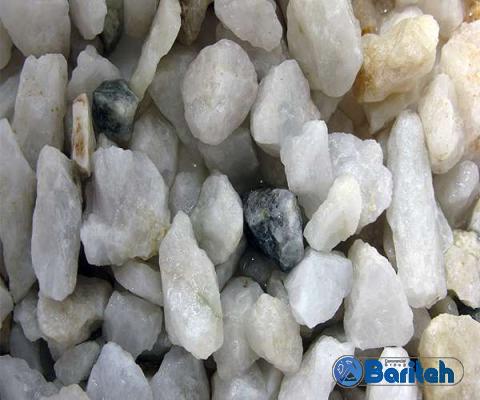
.
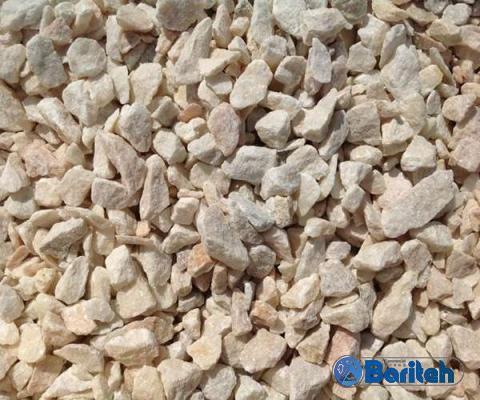 2. Strength and Durability: One of the primary reasons granite and dolomite are sought-after materials in construction is their exceptional strength and durability. Granite, with its crystalline structure, possesses a higher compressive strength than dolomite. This makes granite an ideal choice for high-load applications such as countertops, flooring, and structural elements where strength and resistance to wear are crucial. While dolomite is relatively softer compared to granite, it still offers satisfactory durability for various construction applications. Its excellent weathering resistance and resistance to erosion make it suitable for facades, decorative elements, and interior finishes. 3. Appearance and Aesthetics: Both granite and dolomite offer distinct and attractive appearances, making them popular choices in the design realm. Granite comes in a wide range of colors and patterns, offering versatility in creating customized and visually appealing spaces.
2. Strength and Durability: One of the primary reasons granite and dolomite are sought-after materials in construction is their exceptional strength and durability. Granite, with its crystalline structure, possesses a higher compressive strength than dolomite. This makes granite an ideal choice for high-load applications such as countertops, flooring, and structural elements where strength and resistance to wear are crucial. While dolomite is relatively softer compared to granite, it still offers satisfactory durability for various construction applications. Its excellent weathering resistance and resistance to erosion make it suitable for facades, decorative elements, and interior finishes. 3. Appearance and Aesthetics: Both granite and dolomite offer distinct and attractive appearances, making them popular choices in the design realm. Granite comes in a wide range of colors and patterns, offering versatility in creating customized and visually appealing spaces.
..
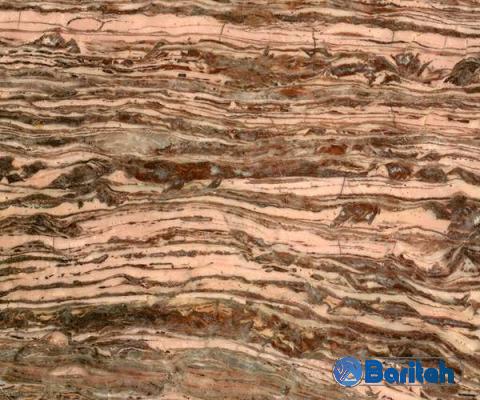 It showcases unique veining, specks, and grains that add character and natural beauty to any project. The polished finish of granite enhances its aesthetic appeal, making it an excellent choice for countertops and architectural detailing. Dolomite, on the other hand, features a more uniform and subtle appearance, often characterized by pale shades of white, gray, or beige. This understated elegance lends itself well to creating a calm and soothing atmosphere. Dolomite’s smooth texture and lustrous finish make it an attractive option for interiors, flooring, and decorative applications. 4. Maintenance and Care: Granite is renowned for its low maintenance requirements. Its non-porous nature makes it resistant to staining, heat, and scratches. Regular sealing can further enhance its longevity and preserve its shine. However, it is advisable to avoid using acidic or abrasive cleaners that may damage the surface. Dolomite, although relatively more susceptible to etching, can still be adequately maintained with proper care. It requires sealing to protect it from moisture absorption and staining.
It showcases unique veining, specks, and grains that add character and natural beauty to any project. The polished finish of granite enhances its aesthetic appeal, making it an excellent choice for countertops and architectural detailing. Dolomite, on the other hand, features a more uniform and subtle appearance, often characterized by pale shades of white, gray, or beige. This understated elegance lends itself well to creating a calm and soothing atmosphere. Dolomite’s smooth texture and lustrous finish make it an attractive option for interiors, flooring, and decorative applications. 4. Maintenance and Care: Granite is renowned for its low maintenance requirements. Its non-porous nature makes it resistant to staining, heat, and scratches. Regular sealing can further enhance its longevity and preserve its shine. However, it is advisable to avoid using acidic or abrasive cleaners that may damage the surface. Dolomite, although relatively more susceptible to etching, can still be adequately maintained with proper care. It requires sealing to protect it from moisture absorption and staining.
…
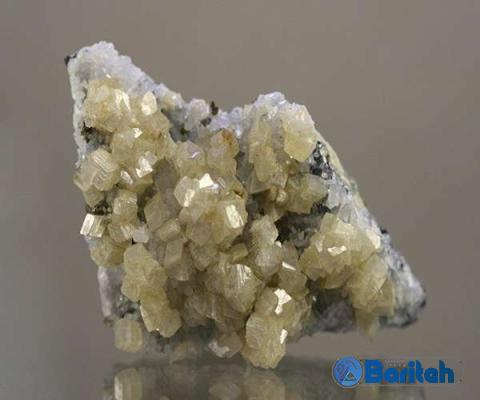 Regular cleaning with mild, non-acidic detergents is recommended to maintain its appearance and durability. Conclusion: In summary, both granite and dolomite offer distinct advantages and unique aesthetic qualities in the construction industry. Granite excels in high-load and high-stress applications, providing exceptional strength and durability. Dolomite, on the other hand, offers a softer, more subtle appearance ideal for creating serene interior spaces. Ultimately, the choice between granite and dolomite depends on the specific requirements of the project, considering factors such as load-bearing capacity, aesthetic preferences, and maintenance considerations. By fully comprehending the differences between these two materials, construction professionals can make well-informed decisions, ensuring successful and visually striking projects.
Regular cleaning with mild, non-acidic detergents is recommended to maintain its appearance and durability. Conclusion: In summary, both granite and dolomite offer distinct advantages and unique aesthetic qualities in the construction industry. Granite excels in high-load and high-stress applications, providing exceptional strength and durability. Dolomite, on the other hand, offers a softer, more subtle appearance ideal for creating serene interior spaces. Ultimately, the choice between granite and dolomite depends on the specific requirements of the project, considering factors such as load-bearing capacity, aesthetic preferences, and maintenance considerations. By fully comprehending the differences between these two materials, construction professionals can make well-informed decisions, ensuring successful and visually striking projects.
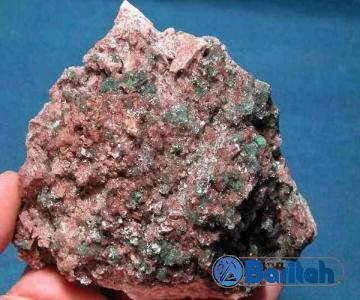
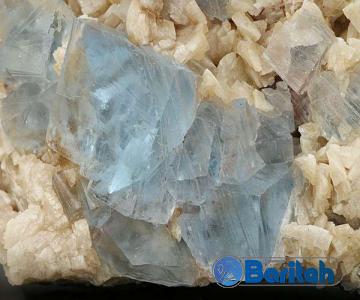
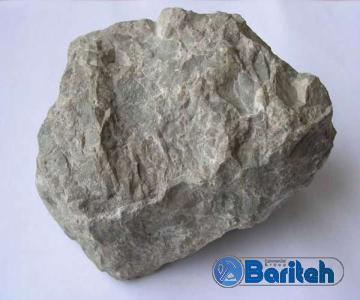
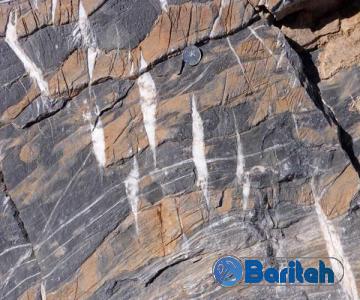
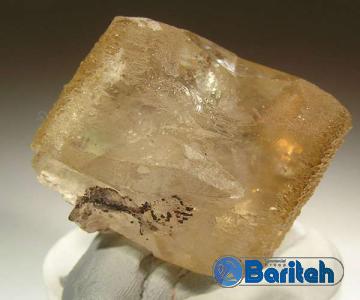
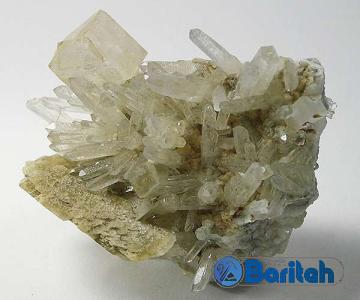
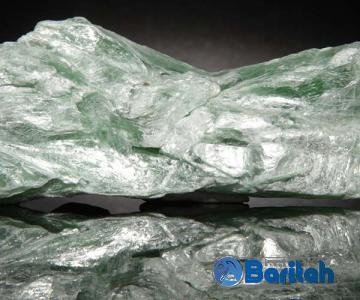
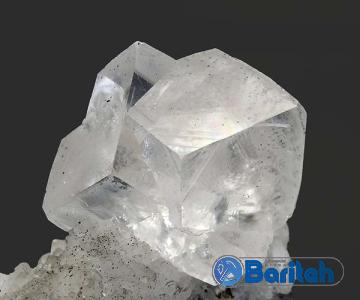
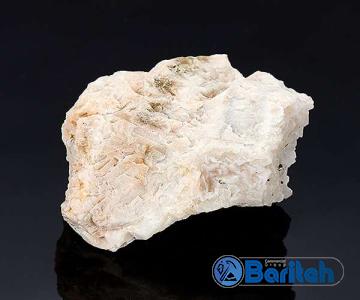
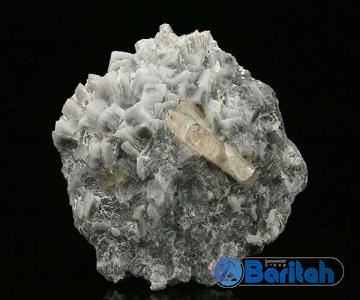
Your comment submitted.